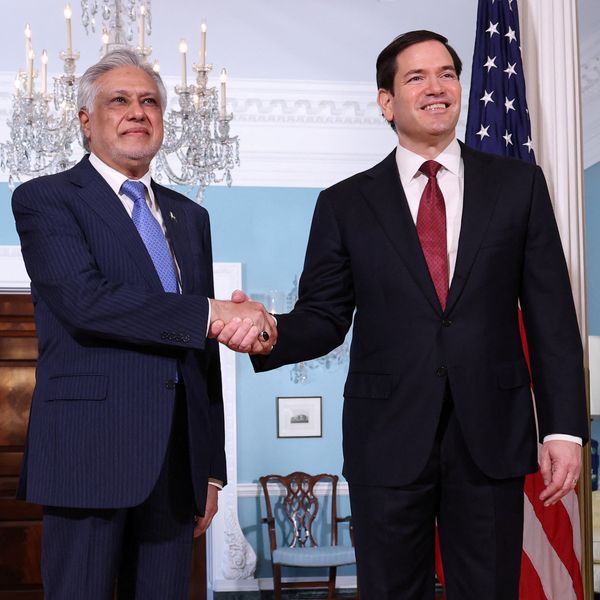Pakistan may allow import of used vehicles up to five years old
At present, Pakistan allows the import of used cars up to three years old and SUVs up to five years under special schemes

Shahzad Raza
Correspondent
Shahzad; a journalist with 12+ years of experience, working in Multi Media. Worked in Field, covered Big Legal Constitutional and Political Events in Pakistan since 2012. Graduate of Islamic University Islamabad.
In a significant policy shift under pressure from the International Monetary Fund (IMF), Pakistan is considering allowing the import of used vehicles up to five years old — a move that could reshape the auto sector and intensify competition for local manufacturers.
The proposal, currently under review by the Ministry of Finance, is part of a broader IMF-backed reform package aimed at liberalizing the country’s automotive and trade policies. It would extend the current age limit on imported used vehicles from three years to five years across the board — a change that could be introduced in the upcoming federal budget, insiders told Nukta.
At present, Pakistan allows the import of used cars up to three years old and SUVs up to five years under special schemes. The new policy would standardize the age limit to five years for all vehicle categories, officials said.
In addition to the vehicle import policy, the IMF has pressed Pakistan to phase out regulatory duties and slash tariffs on Completely Built-Up (CBU) vehicles to below 10%, with a broader goal of bringing auto-sector tariffs down to single digits within five years. These tariff reductions, the IMF argues, are necessary to enhance market competition and consumer choice.
Moreover, the Fund has also urged Pakistan to lower tariffs on capital goods — a move that could affect domestic industries, including the garments sector.
The high ups of concern ministries, including the Ministry of Finance, are proceeding cautiously on the proposed tariff adjustments, wary of their potential impact on local manufacturing.
Sources said that loosening import restrictions could balloon Pakistan’s import bill at a time when the country is struggling to preserve foreign exchange reserves.
Domestic carmakers, already facing reduced sales due to high interest rates and declining consumer demand, are expected to push back against any measure that boosts the competitiveness of foreign brands.
Still, proponents argue that increased competition will force local players to improve quality and offer better pricing, ultimately benefiting consumers.











Comments
See what people are discussing